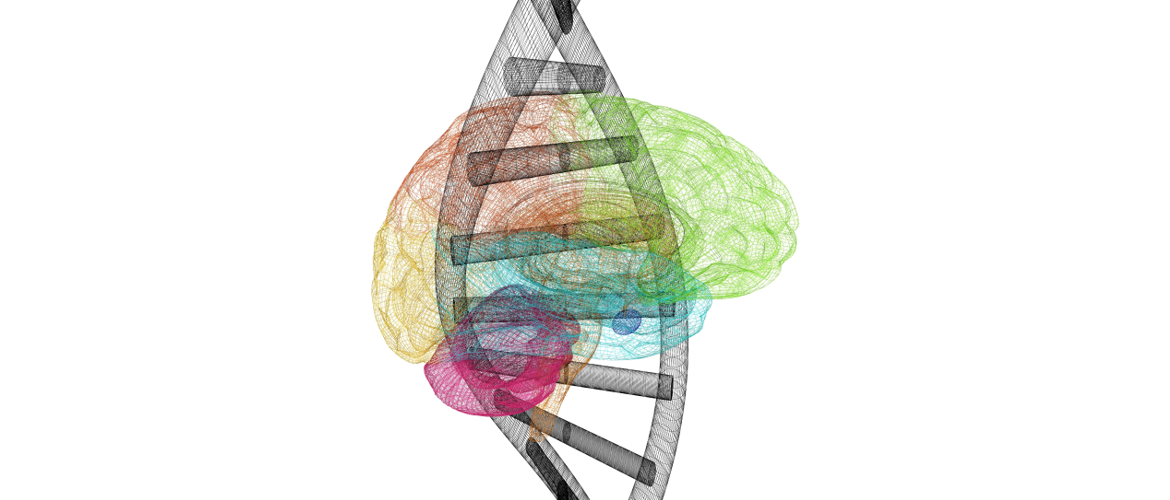
Choose a channel
Check out the different Progress in Mind content channels.

Progress in Mind

Do physical and mental disorders occur together, because they are the result of shared gene variants acting via different pathological pathways? The short allele variant of the serotonin transporter gene provides an intriguing example.
We increasingly accept that reduced life expectancy among people with severe mental health conditions is due at least in part to comorbid physical conditions.
One way of accounting for this co-occurrence is that mental health conditions lead to physical ones. This would be the case, for example, if someone with schizophrenia adopted a sedentary lifestyle, smoked and drank excessively, and then developed cardiovascular disease.
Somatic morbidities found even in first-degree relatives
On the other hand, Philip Gorwood, Professor at St Anne’s Hospital and Descartes University, Paris, France, argued that two observations meant that such straightforward sequences of cause and consequence cannot be the whole of the picture. First, there is an increased risk of metabolic syndrome in the first-degree relatives of people with schizophrenia who do not themselves develop the disease.1 Secondly, metabolic syndrome is more common even in people with first-episode schizophrenia who are drug-naïve than in the general population.
There is also the possibility that causation works in the reverse direction, i.e. that the presence of a severe and chronic physical problem (Crohn’s Disease might be an example) causes depression. Or that infection during a critical period of development might lead to autism spectrum disorder.
But the possibility that intrigues Professor Gorwood is that physical and mental diseases may appear together because they are the result of some common risk factor. This could be environmental, or genetic.
The concept of pleiotropism describes a situation in which the same gene or set of genes affects two entirely different organs. The presence of a short allele on the 5-HT transporter gene provides an example.
Pleiotropism describes a situation in which the same gene or set of genes affects two entirely different organs
The short serotonin transporter allele confers a small but significantly increased risk of major depression, especially in those who have experienced adverse life events.2 But it also leads to exaggerated platelet activation, and hence predisposes a person to thrombosis. So the association between MDD and cardiac diseases could be due to a shared gene variant with two entirely distinct mechanisms of action.
This possibility, of course, does not preclude other reasons for the association between depression and cardiovascular disease, such as the idea that central neural activity could trigger inflammatory mechanisms in peripheral tissues; or that the heart and brain are jointly influenced by a predisposition to inflammation, as might the case, for example, if there is an adverse balance of bacterial species in the microbiome.
Professor Gorwood drew attention to the genome-wide association studies in schizophrenia, which have identified many gene variants that influence response to infection and inflammatory processes, as well as variants in more predictable genes that influence dopamine systems.
In this context, using bioinformatics to search for genes associated with comorbid psychiatric and somatic diseases may reveal novel pathological pathways – the “diseasome” – and hence lead us towards previously unexplored ideas for therapy.3
1 Ryan MC et al. Am J Psychiatry 2003;160:284-289
2 Luddington MS and Mandadapu A. Prim Care Comp J Clin Psychiatry 2009;11:93-102
3 Akram P, Liao L. Genomics 2017;18 suppl 10;902